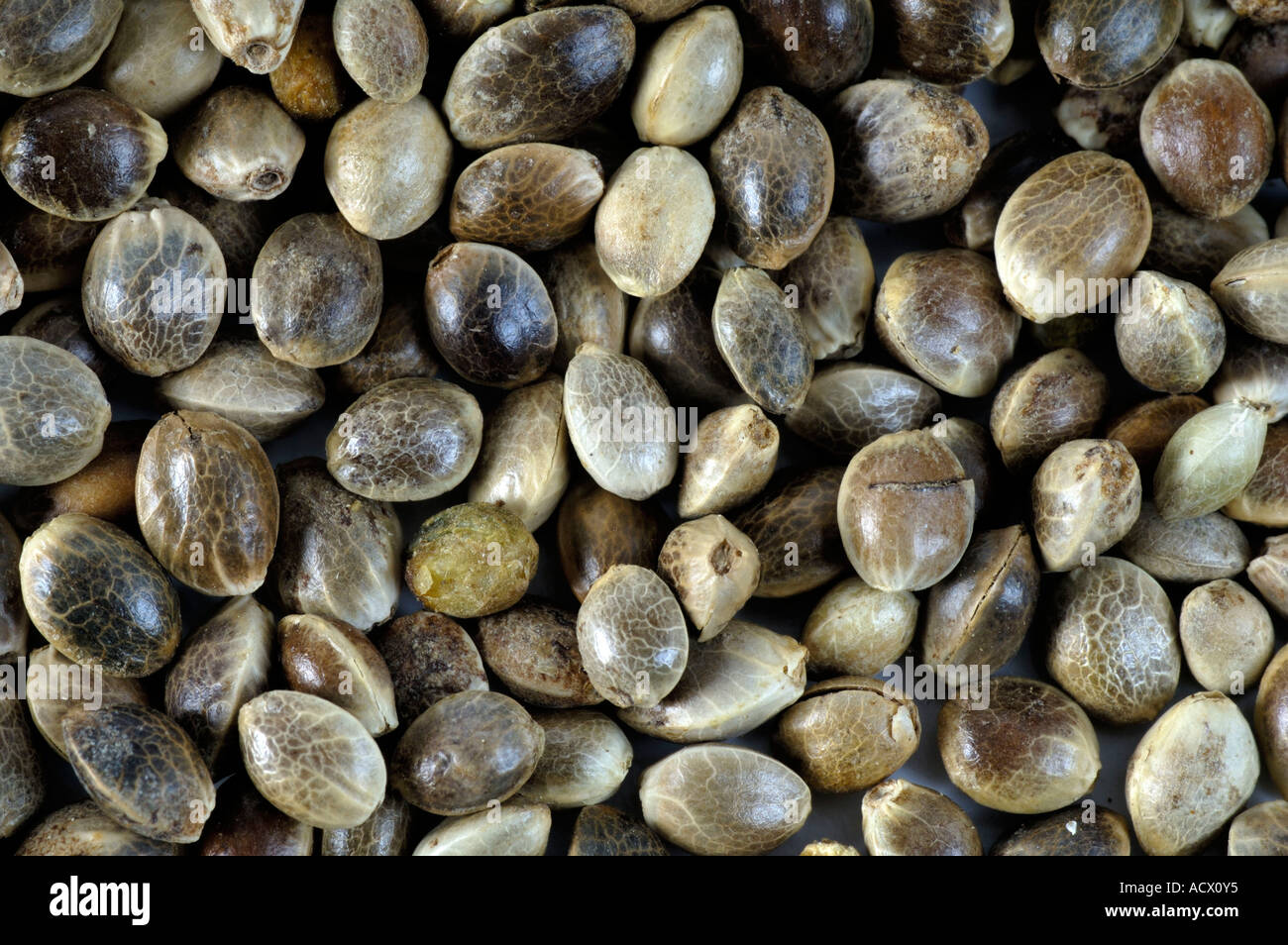In current yrs, Canada has emerged as a world leader in hemp cultivation, marking a substantial shift in agricultural techniques and financial opportunities. The legalization of hemp cultivation in 1998 laid the groundwork for a burgeoning business that has since professional exponential expansion. From textiles to food items products and solutions, hemp features a adaptable and sustainable choice with a multitude of programs. This short article explores the variables driving the increase of hemp farming in Canada, its economic impact, and the challenges and opportunities shaping its foreseeable future.
Historic Context:
Hemp has a extended historical past in Canada, dating again hundreds of years to its use by Indigenous peoples for a variety of functions, including textiles, food items, and drugs. However, its cultivation confronted prohibitions and restrictions in the 20th century because of to its association with marijuana, despite that contains minimum levels of THC, the psychoactive compound identified in cannabis. It was not until finally 1998 that Canada legalized industrial hemp output, distinguishing it from marijuana and paving the way for a new period of hemp farming.
Regulatory Framework:
The regulatory framework recognized by Health Canada governs the cultivation of industrial hemp in Canada. Under the Industrial Hemp Rules, accredited producers should adhere to rigorous suggestions pertaining to THC articles, cultivation procedures, and protection measures. This regulatory framework makes sure compliance with well being and safety criteria although supporting the advancement of a authentic and accountable marketplace.
Financial Effect:
The legalization of hemp cultivation has sparked economic development and occupation development across Canada. With its assorted applications, hemp has come to be a lucrative crop for farmers seeking sustainable solutions to regular commodities. The Canadian hemp sector encompasses a large vary of sectors, together with agriculture, manufacturing, and retail, contributing billions to the economy per year. Also, hemp cultivation promotes environmental sustainability by requiring less pesticides and fertilizers than conventional crops, therefore minimizing agricultural runoff and soil degradation.
Diversification of Agriculture:
Hemp cultivation offers farmers a diversification method, enabling them to mitigate pitfalls linked with common crops and adapt to altering sector demands. As local climate improve threatens agricultural efficiency, hemp’s resilience and versatility make it an desirable possibility for farmers trying to get resilient and environmentally sustainable options. On top of that, hemp cultivation can rejuvenate soil wellness and biodiversity, improving very long-expression agricultural sustainability.
Innovation and Study:
Advancements in hemp investigation and technologies have fueled the industry’s progress, main to improved cultivation methods, crop versions, and merchandise innovation. Canadian universities and exploration establishments are actively engaged in finding out hemp’s agronomic possible, genetic range, and benefit-additional programs. This analysis not only enhances the competitiveness of Canadian hemp solutions but also contributes to scientific know-how and innovation in the world-wide hemp business.
Export Options:
Canada’s place as a primary producer of superior-high quality hemp has opened doorways to global marketplaces. With expanding demand for hemp-derived solutions around the globe, Canadian producers have seized export opportunities, capitalizing on their name for excellent and reliability. From hemp textiles and making products to CBD-infused products, Canadian hemp exports are diversifying and increasing, generating new avenues for financial growth and world wide trade.
Issues and Opportunities:
Regardless of its promising outlook, the Canadian hemp sector faces problems that warrant interest. Regulatory barriers, sector volatility, and minimal obtain to banking and fiscal products and services are amid the key difficulties confronting hemp producers and enterprises. Addressing these challenges calls for collaboration involving federal government, field stakeholders, and economic establishments to produce a supportive ecosystem for hemp cultivation and innovation.
Also, ongoing study is necessary to unlock the total prospective of hemp and check out rising markets and applications. From bioplastics and biofuels to nutraceuticals and pharmaceuticals, the choices for hemp are huge and multifaceted. By investing in navigate to this website and growth, Canada can place alone at the forefront of hemp innovation, driving financial expansion and sustainability for yrs to occur.
Conclusion:
The rise of hemp farming in Canada represents a transformative change in agricultural techniques, economic growth, and sustainability. With its functional purposes, environmental gains, and economic possibilities, hemp has emerged as a promising crop for Canadian farmers and firms. By leveraging its strengths in investigate, innovation, and market place entry, Canada can proceed to guide the world hemp business, cultivating prosperity for generations to appear
Leave a Reply